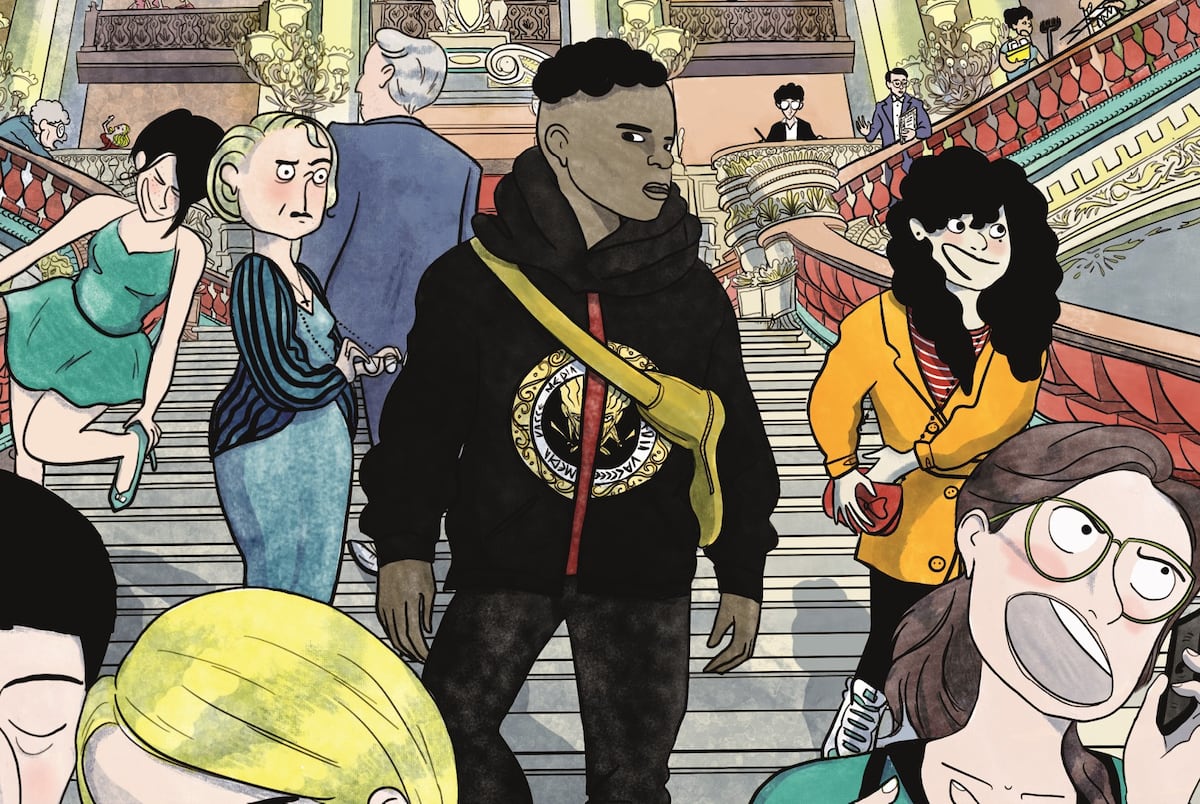
"Rich people don't play golf because they like it, they play golf because golf is for rich people. This captures the essence of how social class shapes preferences."
"Bourdieu argues that each social class possesses a habitus, a system of dispositions, ways of thinking, and cultural tastes that define individuals in relation to others."
"Distinction remains a cornerstone of sociology, providing a critical look at social structures and how personal tastes are influenced by class dynamics."
"The teacher gradually helps students recognize social inequalities by encouraging them to observe their family environments and the differences present among themselves."
Professor Luis Enrique Alonso discusses Pierre Bourdieu's influential work, "Distinction: A Social Critique of the Judgement of Taste," which posits that taste is deeply embedded in social class habitus. Bourdieu's analysis reveals how individuals express their identities through cultural tastes and lifestyle choices shaped by their class background. As these preferences reproduce class distinctions, they become a notable subject of study in sociology. Alonso highlights Bourdieu's continued relevance in contemporary discussions of social inequality, particularly in an era marked by digitalization and globalization, emphasizing its significance in educational contexts as well.
Read at english.elpais.com
Unable to calculate read time
Collection
[
|
...
]